Written in Collaboration with Lauren Honhart
President Lyndon Johnson signed the Freedom of Information Act (FOIA) into law in 1966. Since then, the FOIA has provided the public with the right to request access to records from any federal agency. Unless the requested information is protected from disclosure by law, all information is eligible. Information may be exempt from disclosure to protect interests such as personal privacy, national security, and law enforcement.
Why is the FOIA Important?
The FOIA is a vital part of our democracy allowing U.S. citizens to access information about our government. Since its enactment, the FOIA has exposed several instances of government misconduct and threats to public health and safety. For example, activists requested an FOIA in the 1980s revealing that the Environmental Protection Agency was aware of paper mills discharging toxins into rivers. Another notable example was in the aftermath of 2005’s Hurricane Katrina, during which an FOIA request revealed the government’s wasteful spending during the recovery efforts. This legislation promotes government transparency and accountability.
In today’s digital age, social media plays a significant role in government communication as a fast, cost-effective way to inform citizens. The FOIA generally includes anything relating to the business of a government-related agency. Social media postings by a government agency are considered public record and can be included in a FOIA request. However, certain state laws on this topic may vary.
FOIA Exemptions
Receipt of the information requested depends on the type of information requested. However, under FOIA Exemption 6, private data about individuals (e.g., social media postings) held by a government-related agency is exempt if disclosure would constitute a clearly unwarranted invasion of privacy. Exemption 7 outlines another FOIA exemption, which excludes information pertaining to law enforcement investigations. The exemption prevents interference with proceedings or investigations, deprives a person of a right to a fair trial, breaches personal privacy interests in law enforcement files, reveals law enforcement techniques and procedures, or endangers the life or physical safety of any individual. FOAI requests could include social media postings if they pertain to a government agency as indicated in Exemptions 6 and 7. If the information requested is not a clear invasion of privacy or a hindrance to law enforcement investigations, then it can be made publicly available.
Proper Evidence Collection
It is important to properly maintain and handle digital evidence preservation especially when handling collected evidence for an FOIA request. According to the Computer Security Resource Center (CSRC), the digital chain of custody is a process that tracks the movement of evidence through its collection. It safeguards evidence lifecycles by documenting each person who handled the evidence, the date/time it was collected or transferred, and the purpose for the transfer. Maintaining the chain of custody is vital in preserving the integrity of evidence. The digital chain of custody prevents contamination, which could alter the original state of the evidence. Improperly preserved and presented evidence could be rendered indefensible. The chain of custody begins with initial data collection and extends to analysis, reporting, and presentation of evidence in court. Maintaining the digital chain of custody ensures the evidence collected has not been compromised in any way.
Unfortunately, FOIA requests simply release social media information to the requestor and do not discover or preserve the information. Using in-house resources to conduct open-source research is risky. It’s easy to misidentify subjects, accidentally interact with subjects, or overlook important information. Successful online investigations require proper training, ample time, and requisite resources.
SMI Aware is a practical solution to curbing these challenges and risks. Our analysts are Certified Social Media Intelligence Experts and trained in-house to conduct open-source investigations in an ethical manner. Our team of analysts use proprietary technology and tools to collect evidence from the web and social media. The evidence collected is legally defensible and preserved in compliance with federal regulations. This unique combination of our team’s expertise combined with SMI Aware’s patented software ensures a secure chain of custody and mitigates risk.




